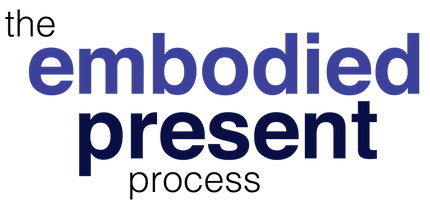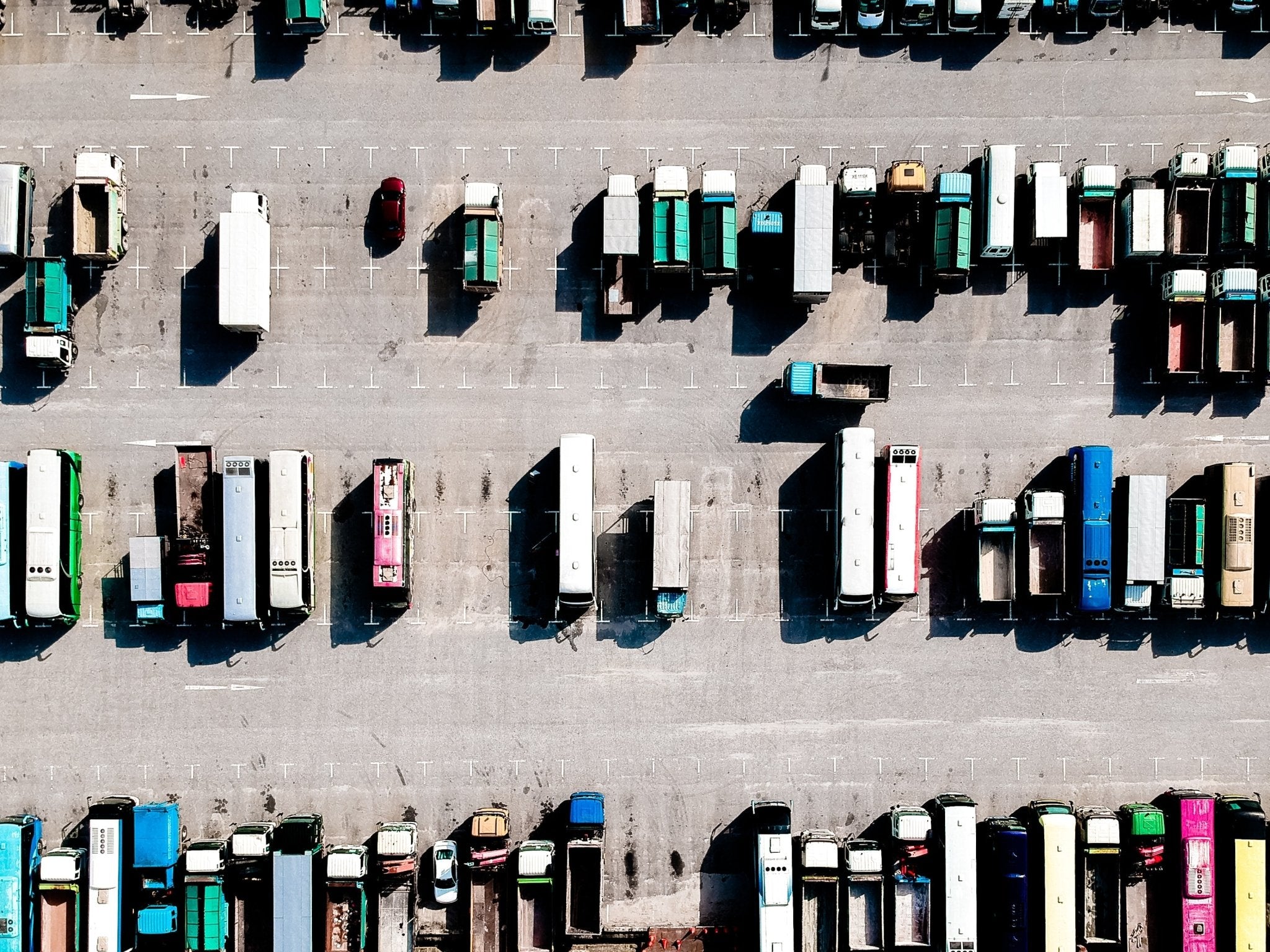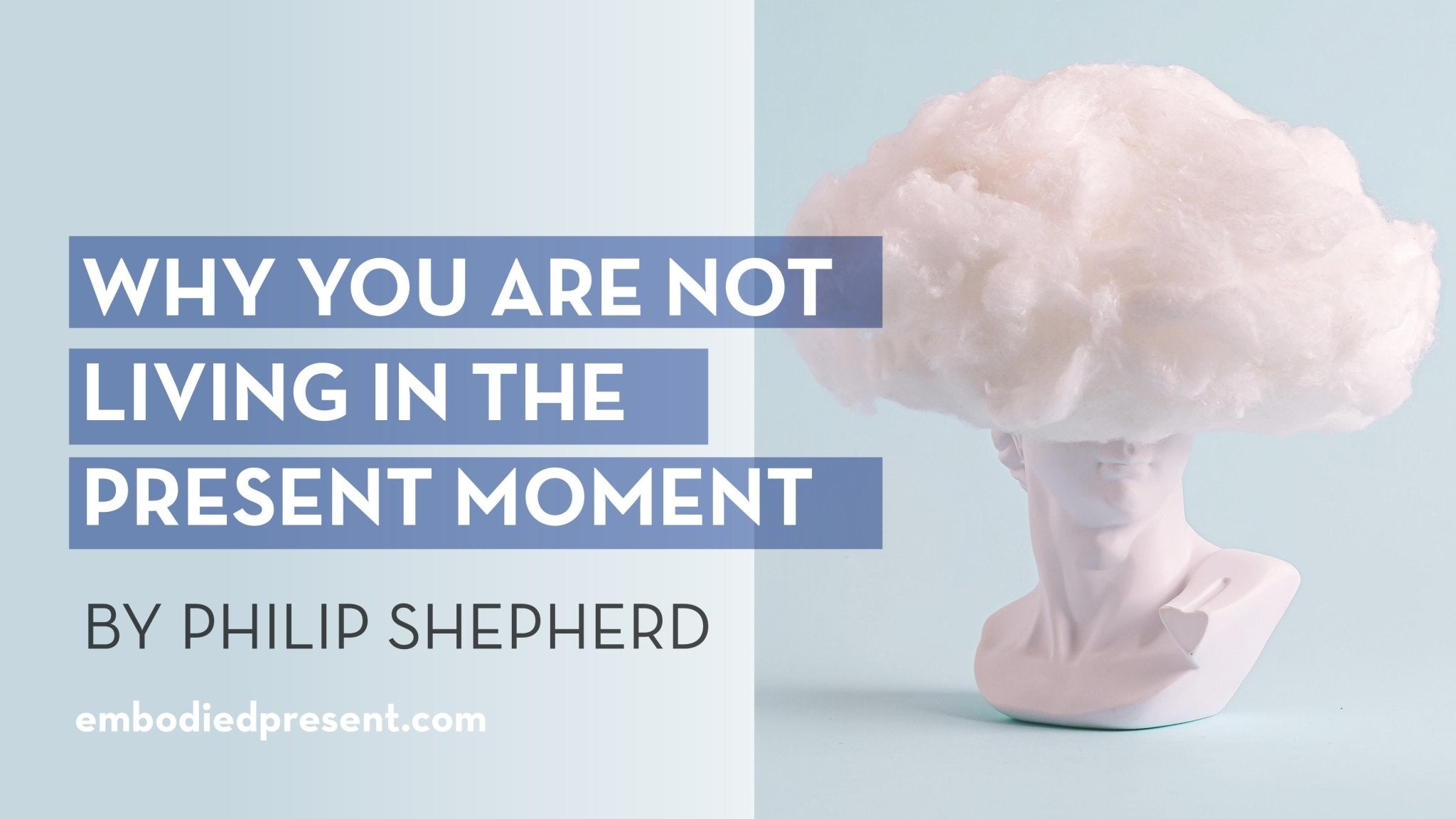When I was much younger I coined a word to describe myself: eleutheromaniac. It literally means “someone with a love of freedom.” I needed the word to help me identify a passion that has guided my life. Of course, freedom is widely cherished – not just as a personal goal, but also as a political ideal. And it's a word we've heard a lot of lately. Over and over the media have reported on the Trump “Freedom” rallies, and his “Freedom Fighters”.
And there is a more recent addition to this clamouring for freedom: a group of truckers and others have descended with a ruckus on Canada’s capital city, Ottawa, to present their demands. They insist that all Covid-related mandates in the country be eliminated, and that Canada’s democratically-elected government be abolished. They are determined to tie up the streets of Ottawa and keep residents awake at night with the constant blaring of their horns until these demands are met. This movement is called the “Freedom Convoy.”
As a dyed-in-the-wool eleutheromaniac, I find that this widespread deployment of the highly charged word ‘freedom’ strikes a sour note. Poke the concept a little and you find a mess of contradictions – similar to the idea, popular in an earlier era, that smoking was an expression of freedom, when in fact every cigarette that was lit evinced a dependence marking the smoker as someone indentured to the tobacco companies.
So when the Freedom Convoy, for instance, is met by protesters holding up signs urging “Choose Freedom,” “Freedom for All” and “Say No to Tyranny,” I yearn to find some clarity on what their brand of freedom actually means. On the surface, it means free not to be vaccinated. There are many reasons people have for not being vaccinated, and it's a choice I respect. But no vaccine is being forced into anyone's arm, unlike what is mandated in some countries that demonstrate what a lack of freedom really looks like. I think the real agitation runs deeper. I heard one freedom protester expressing how fed up he was with having to wear a mask to enter a public space indoors. That’s merely stating the obvious, of course. We are all stressed by the pandemic – no one more so than the exhausted health care workers still being overwhelmed by Covid patients, mostly unvaccinated. His idea of freedom, then, seems to be able to act as he wishes, regardless of how that might risk harming others. Just as a trucker, whose license helps ensure he doesn’t put others at risk on the road, might insist freedom means being able to cross an international boundary during a pandemic in a way that could put others at risk.
If this is what the protesters are demanding, then they're not asking for freedom. The deeper agitation is a request for privilege. The privilege of being excused from doing what is needed to support the welfare of others. The privilege of acting as they want when they want to. The privilege of having a certain entitlement validated.
Once we understand this issue for what it is – an insistence on privilege – then certain aspects of the ‘freedom’ movement become a whole lot easier to understand. By far the greatest proportion of ‘freedom’ protesters are white males, a class that is and has long been privileged, and currently feels that privilege being slowly stripped away. Enough is enough, they say, and have made vaccine mandates and other issues the scapegoats for their sense of loss, betrayal and rage.
On the one hand I recognize the hurt and disorientation inflicted by these confusing times. On the other hand, our world can no longer afford either privilege or entitlement. The toll is too great. Not just in the way it blunts the humanity of those insisting on their privilege, but also in light of the larger concerns of our planet, where privilege is a carryover of colonialism, and sanctifies domination and exploitation of the many by the few. The stubborn craving for entitlement puts all of our precious resources at risk – those of humans, animals, plants, water, soil and air. Privilege is insular, tyrannical and anti-life. It denies the common good. It obliterates a sense of kinship with “all our relations” – the First Nation’s expression that recognizes how our lives are upheld and shared and enriched by our connections to all of nature.
Privilege is the recurring theme of what we know as ‘civilization’. ‘Civilized’ people might see others as animals, but not themselves. They are something else, something special, the natural rulers of all other life on this planet. The more our technology has facilitated our ability to control and exploit, the more callously those with privilege have been goaded to behave like the cancer cell, which grows at the expense of its neighbors. The small number of truckers involved in the Freedom Convoy have been exploited by laws and social expectations that privilege those holding wealth and power; and as they watch the privilege at the upper echelons grow and consolidate, they feel more keenly the weakening of their own special status, conferred on them through accident of race, gender, religion or sexual orientation. The true problem, then, lies not with this populist ‘freedom’ movement, but with our deeply embedded cultural idea that privilege is somehow acceptable.
What makes it unacceptable is, more than anything, the fantasy it perpetuates – for when we live out a fantasy, we can only blunder and do damage to the reality we are ignoring. And what is that reality? The very ordinariness of each one of us. The wealthiest CEO in the world is as ordinary, and is as dependent on the ordinary world, as anyone else. To appreciate that reality for yourself and embrace your ordinariness is to recognize and celebrate your kinship with all that is. To insist “I deserve special treatment,” on the other hand, is to deny that kinship, and to turn a blind eye to the toxic fallout that special treatment spreads onto the bonds of kinship.
When we look around for a larger framework within which to contextualize this, we find that Joseph Campbell, the scholar of world mythology, has something quite poignant to offer. He inquired deeply into the nature of the mythic tyrant, and deftly characterized him as “the man of self-achieved independence.” The tyrant wants to stand in denial of “all my relations” and devote all his energies to advancing his personal interests. As such, he is obsessed with three things: his status, his power to control, and the enemies that threaten him. In this mythic prototype we find the ultimate fantasy-corrupted idea of freedom: the entitled demand to be able to enact one’s wishes and satisfy one’s whims whatever the cost to others. But despite his power, the tyrant is driven by anxieties and doubts that can never be put to rest, lest he lose his grip; and he is haunted by never having enough. “Uneasy lies the head that wears a crown,” as Shakespeare noted.
The tyrant does not live in a state of freedom. But our belief that he does, our popular confusion between privilege and freedom, is understandable when you look at our culture’s version of success. Consider Campbell's description of the tyrant again: “the man of self-achieved independence.” Could anyone devise a more accurate or concise summation of the American dream? It's what we are taught to aspire towards: independence, the sort of wealth that insulates us from the mundane, the sort the self-made billionaire enjoys. Deep within our collective psyche our desires and ambitions are tainted by fantasies that belong to the tyrant. And to be sure, they are mere fantasies. There is no such thing as independence. It simply doesn’t exist. We live in a world in which everything depends on everything; everything affects and is affected by everything. There is not a single example of independence to be found anywhere in the cosmos.
The populist ‘freedom’ movements bring into focus the destructiveness of seeing privilege as normal, and of thinking that those with it are ipso facto deserving of it. Privilege, like independence, is ultimately a word without correlation in the real world. There is no privilege separating any of us from each other or from the consequences of how we live on this planet. Privilege is, again, a fantasy of the tyrant. And myth tells us that the tyrant’s fantasies, disconnected from reality as they are, can only lead to self-destruction.
In this way, myth ultimately helps us see our place in the world and our task within it in a different light. Rather than bending our lives to the privilege of serving only ourselves, and mistaking that as a freedom, we might instead learn to cherish true freedom, which honors and welcomes “all our relations,” and lives in service to the world’s deeper harmony. And we might learn to revel in the “self-achieved submission” that enables us to be present to the wonders, the tender life, of this miraculous planet to which we all belong. If we can do that, we just might avoid the self-destruction to which the fantasies of the tyrant are leading us.





Leave a comment